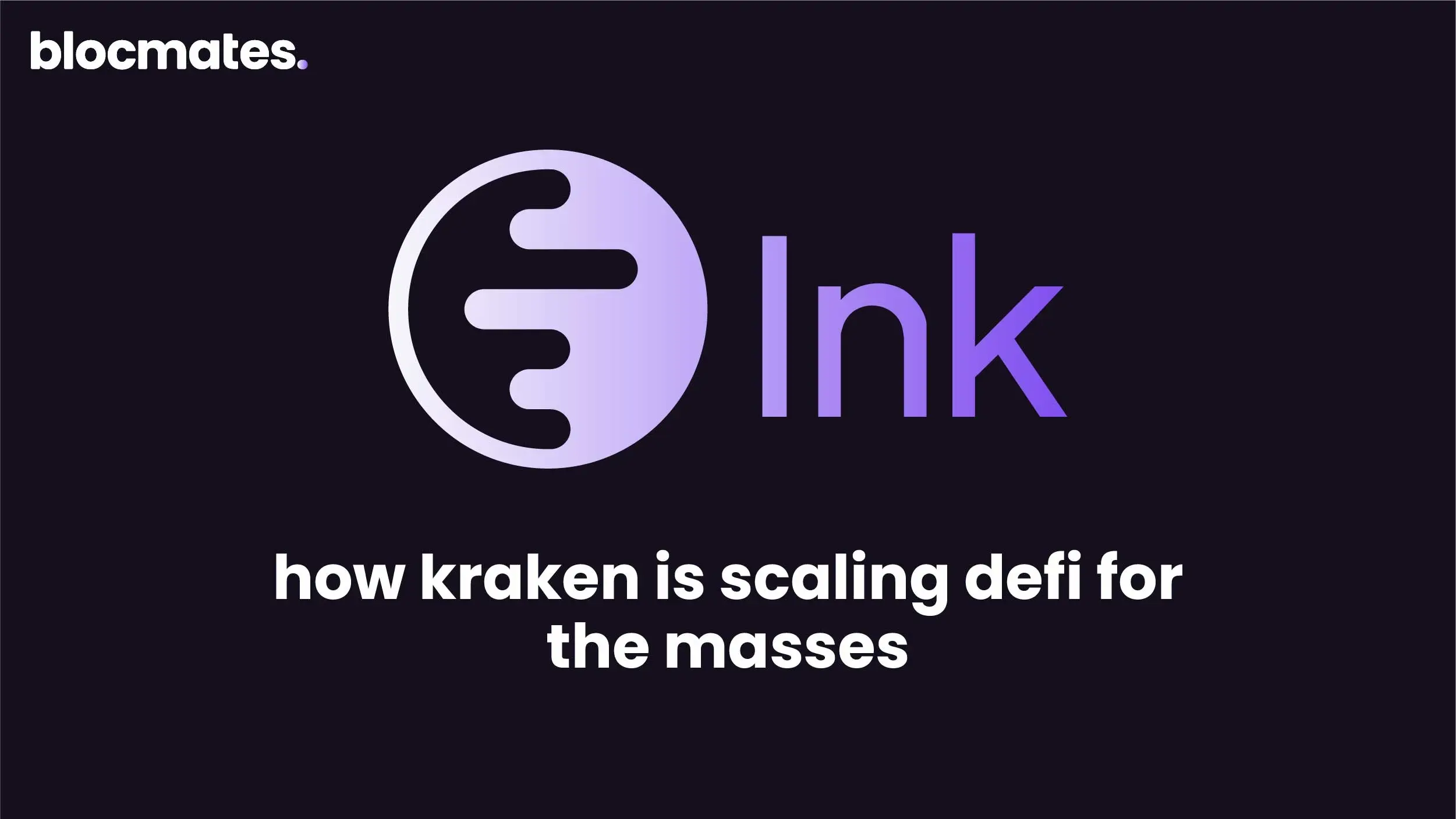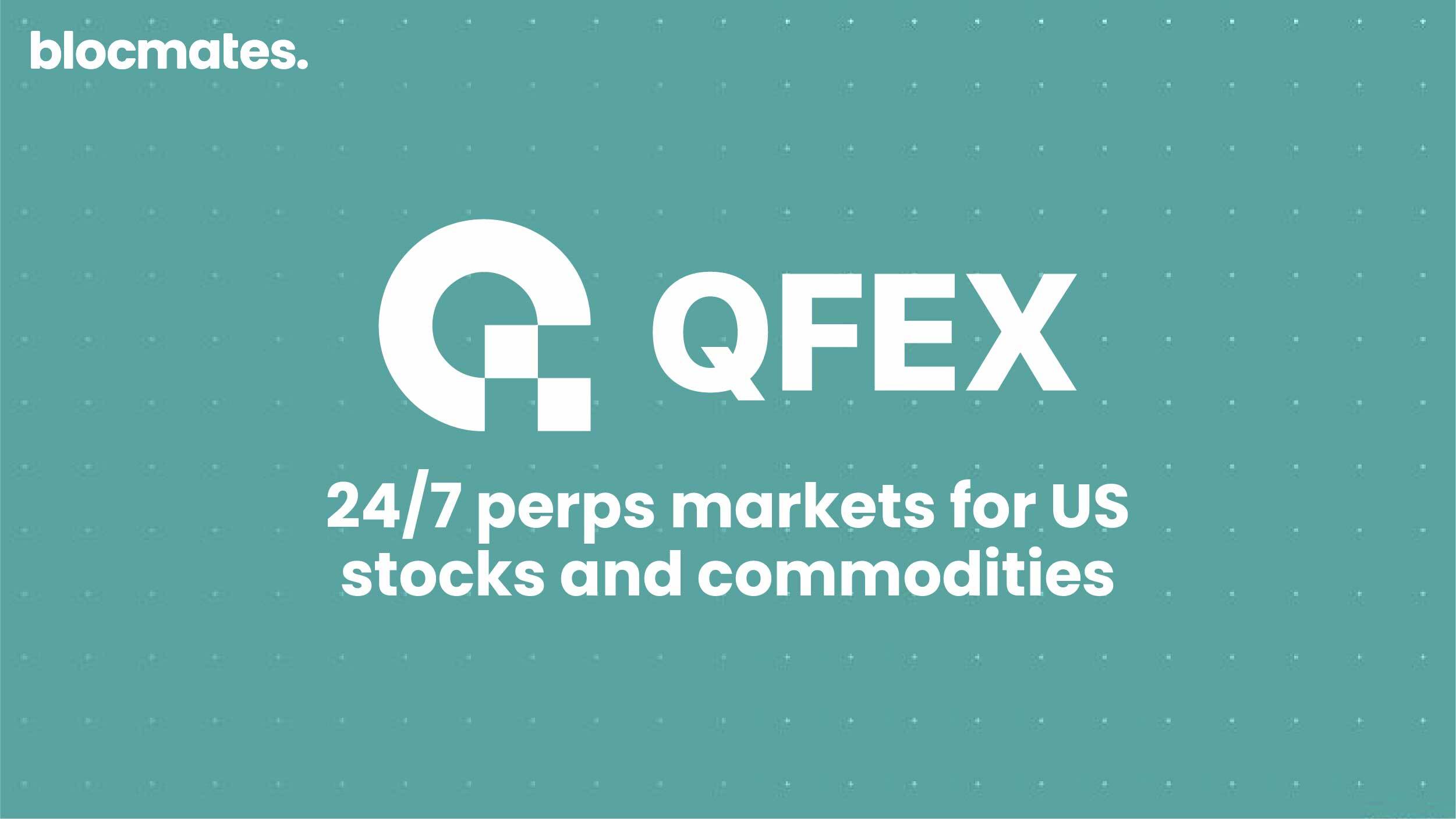India is looking to release a discussion paper by September that will chalk out its policy stance on crypto.
Revealing the bases that will be covered in the paper, Economic Affairs Secretary Ajay Seth said in a recent interview,
“In India it (crypto) is being regulated from the perspective of AML and EFT alone. Regulation starts and ends there, it cannot be beyond that, so should the remit be more? What should be the policy stance? All that will come out in the discussion paper.”
At the moment, an inter-ministerial group — that includes the Reserve Bank of India [RBI] and the Securities and Exchange Board of India [SEBI] — is looking into a wider policy for crypto.
The minister added,
“The policy stance is how does one consult relevant stakeholders, so it is to come out in the open and say here is a discussion paper these are the issues and then stakeholders will give their views.”
India has maintained a relatively cold relationship with crypto. The central bank ended up banning this asset class in 2018, which the Supreme Court ended up overturning a couple of years later.
The RBI has been against legitimizing crypto assets. It has time and again expressed its stance to prohibit this asset class owing to the macroeconomic stability risks they pose.
The SEBI, on the other hand, has batted for a divergent approach. In fact, it recently suggested that multiple regulators should oversee the crypto sector nationwide.
The Asian nation introduced a 30% tax on crypto profits and a 1% TDS on all transactions in 2022. That move single-handedly managed to drive a substantial chunk of investors outside the crypto arena.
Earlier this year, nine offshore crypto exchanges were thrust with show cause notices. In retrospect, they were evicted from the country for operating illegally.
Nevertheless, on the heels of a hearing with the country’s Financial Intelligence Unit [FIU] in May, Binance became one of the first entities to be green-flagged after agreeing to pay a fine. Likewise, even KuCoin was granted approval.


































.webp)

.webp)
.webp)

%20(1).webp)



























































%202.webp)


.webp)

.webp)
.webp)
.webp)


.webp)
.webp)

.webp)
.webp)
.webp)


.webp)
.webp)










.webp)


.webp)









.webp)







.webp)




.webp)


























.webp)







.webp)















.webp)

.webp)
.webp)

.webp)














.webp)

.webp)


.webp)








.webp)




